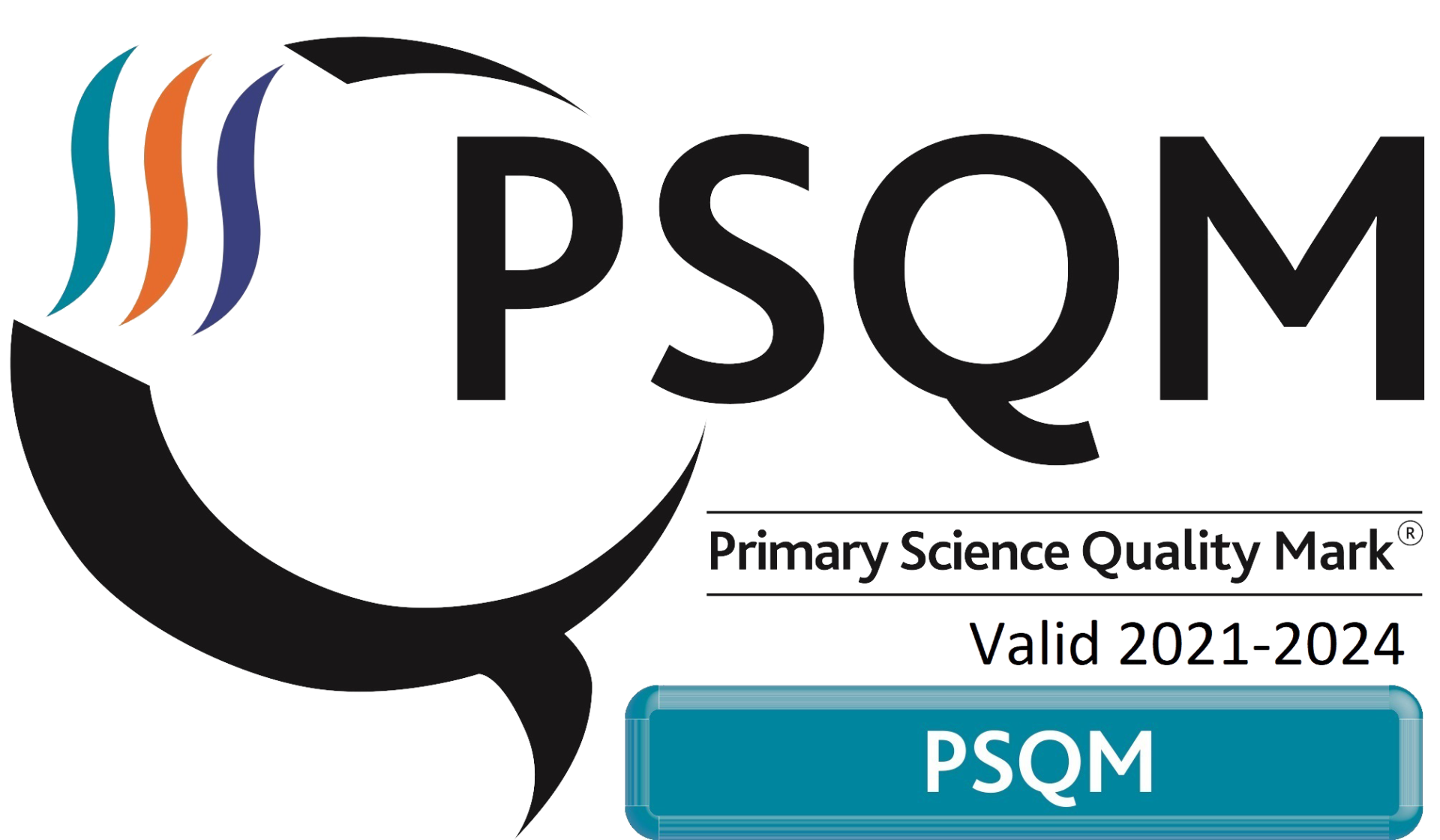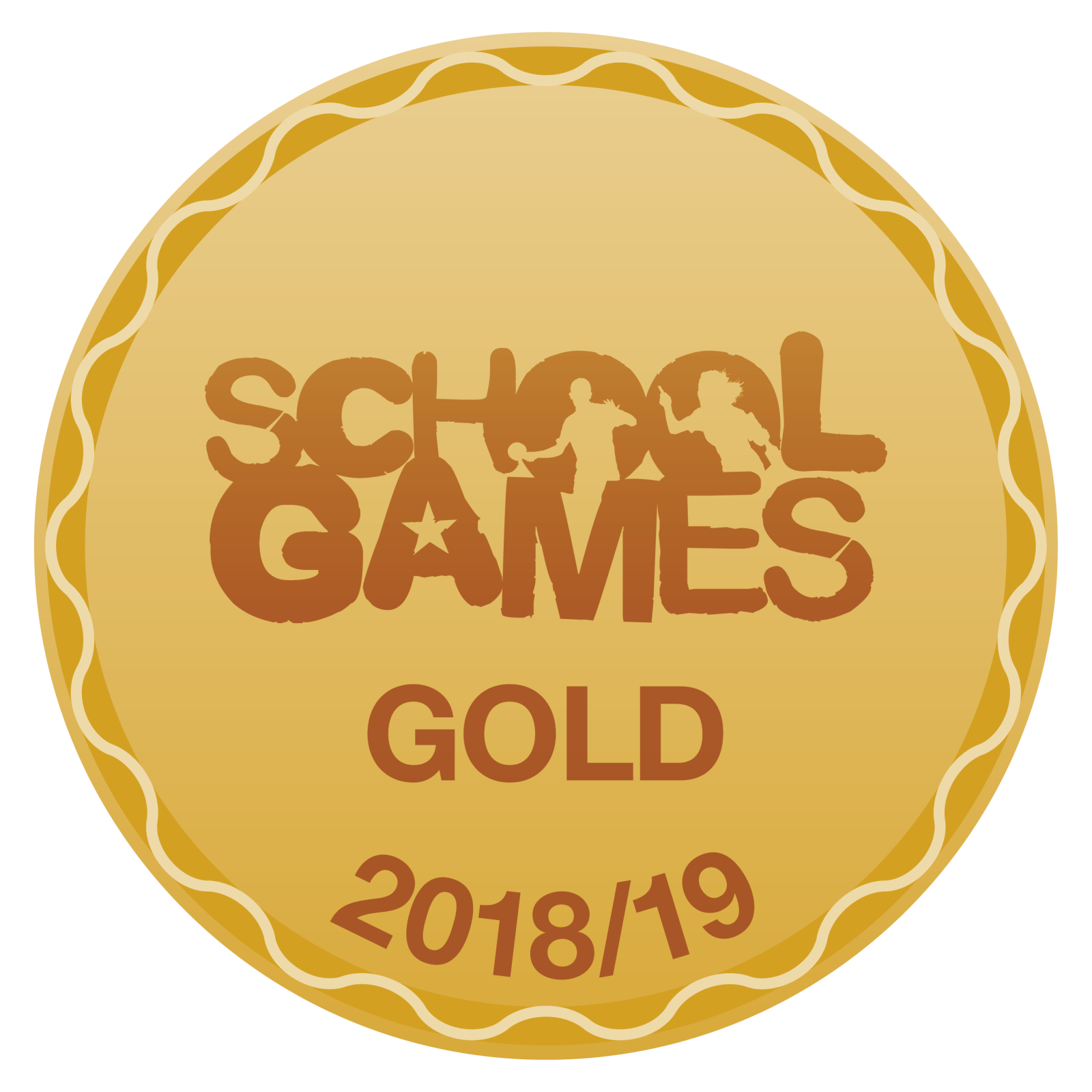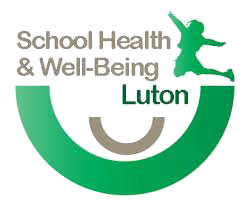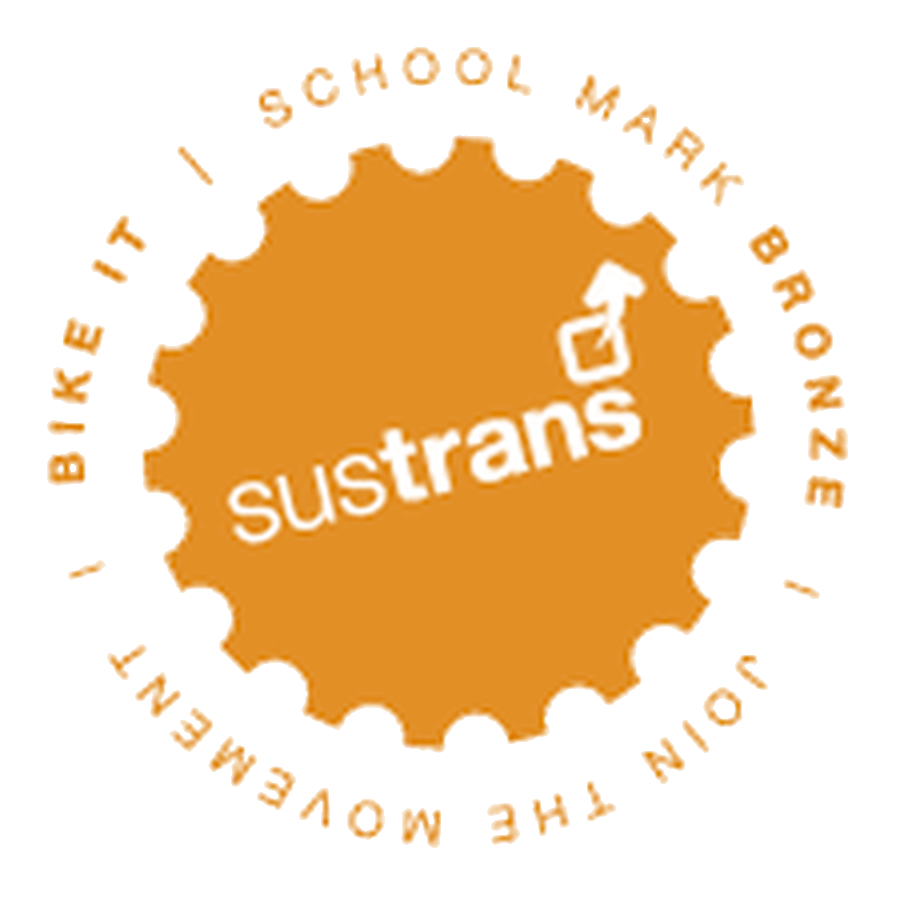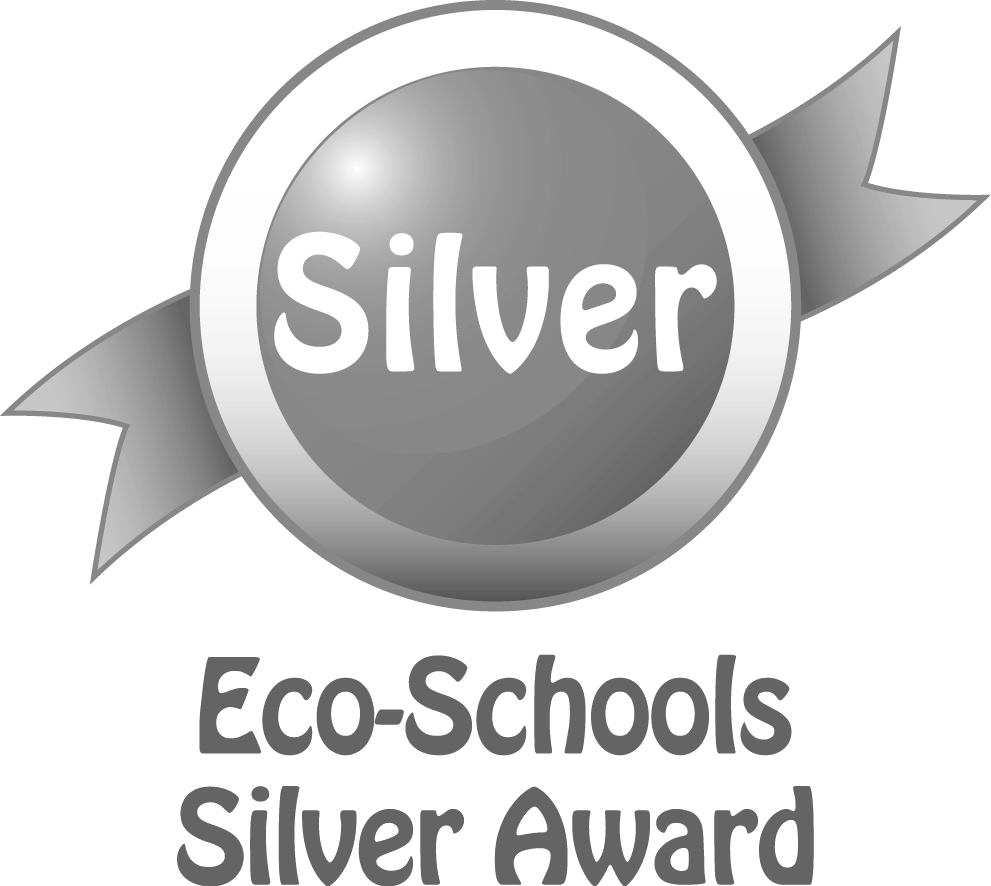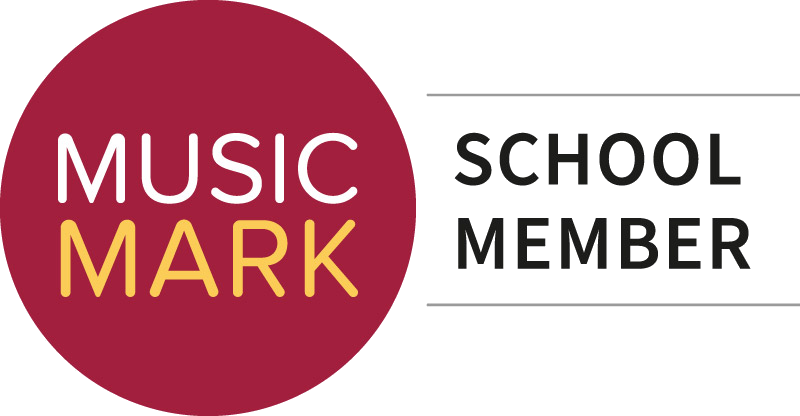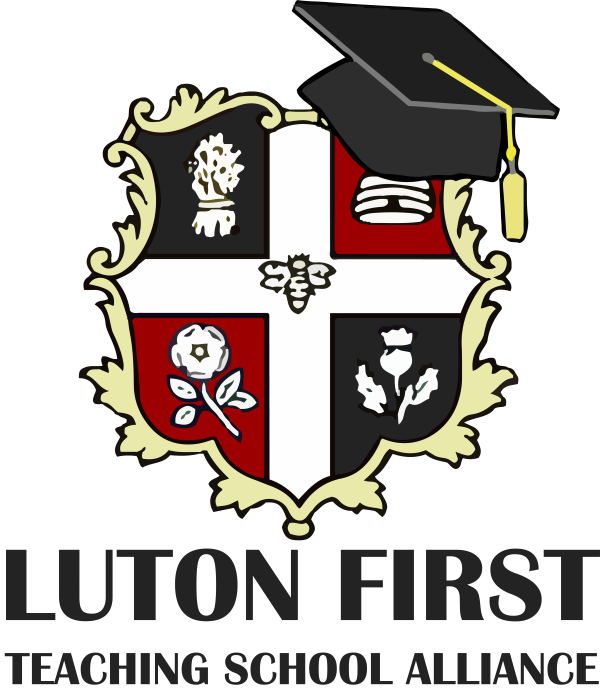Curriculum Intent
We Are The Meads – Getting Better Every Day at Everything We Do
Curriculum Intent
The Meads is committed to meeting the requirements of the primary National Curriculum, underpinned by our core values of Resilience, Respect, Responsibility, Kindness and Joy.
We hold all children in unconditional positive regard and believe that every child that walks through our doors is capable of great things. It is our aim to give each child the opportunity to flourish and develop through a nurturing, creative and engaging learning journey, enabling them to take responsibility for their own learning.
We will achieve this through providing a broad and balanced curriculum, which is relevant, dynamic and creative; a curriculum that includes memorable learning opportunities and that encourages the voice, engagement and independence of every child, as well as strong physical development, well-being and mental health. Our curriculum is intended to be exciting, to inspire and to nurture a passion for learning. Our shared purpose is to help our children become emotionally intelligent, resilient, aspiring and yet socially responsible, mindful individuals who set and attain the highest standards of achievement possible for themselves.
We are all committed to providing the best possible educational and pastoral experience for each and every child. We want to be a school where children are courageous and independent, holding strong values for themselves, other people and their environment. We want the children who come here to feel safe, develop growth mind-sets, and to experience learning that becomes irresistible.
Curriculum Statement 2023-24
We define learning as ‘a change to long-term memory’. The design of our curriculum is based on proactive thinking about what children need to know and in what order, contextualised and meaningful in terms of their backgrounds. It enables them to use prior knowledge to construct subsequent learning and to make good progress, building deeper understanding of the skills, knowledge and concepts necessary for the next stage of their education and for their future lives in modern Britain.
Our schemes of work and themed topic plans for each curriculum area, underpinned by Skills Progression documents and Curriculum Maps, reflect the content and challenge of the curriculum. We work hard to provide experiences within our curriculum that the children we serve would otherwise not encounter, developing their cultural capital and thereby giving them a fuller understanding of the world and raising their aspirations for their own futures.
Teachers receive regular training in key curriculum areas and work hard to provide outstanding curriculum provision with consideration for the needs of all learners. All subject leaders are given training and opportunity to keep developing their own subject knowledge, skills and understanding so they can support curriculum development and their colleagues throughout the school.
Organisation
Reception into Key Stage 1
Children enter our Reception year with a variety of experiences, some having previously attended an Early Years provision whilst others not having done so. During the first few weeks of the Autumn term, our aim is to ensure children are settled into the new routines, are happy and enjoy attending school.
We also aim to provide a continuous provision, through adult led sessions and child centred play, whilst ensuring a varied diet of enrichment activities. Learning is organised within discreet classes and also across the Reception Unit (indoor or outdoor). Staff engage in play activities and assess children’s knowledge and understanding whilst ensuring resources both stimulate and challenge children. Children are encouraged to experiment and try new activities to extend their learning. Staff assess children against the Foundation Stage Curriculum Early Learning Goals regularly so gaps in knowledge are addressed promptly. Planning considers children’s interests and curiosity and is adapted throughout the term to take these into account. There Is an emphasis on core subjects such as reading and the introduction of phonics, using the ‘Essential Letters and Sound’ Programme (ELS) supported by reading books linked to specific phonic phases. The early stages of Talk for Writing are also introduced as are Dough Disco and Funky Fingers to develop fine motor skills to aid writing. Social skills play a very important role within the Early Years and children are encouraged to demonstrate our school values throughout.
We aim for transition into Year 1 to be as seamless as possible. There is a transitional period in the Autumn Term during which the majority of children progress to the National Curriculum, but continue working in an environment similar to that experienced in the Early Years. Throughout this period and beyond all children are still developing their phonic knowledge through the ‘Essential Letters and Sounds’ Programme and developing their fluency in reading through the Daily Supported Reading Programme, again using reading books linked to specific phonic phases.
We work in close partnership with parents throughout their child’s time in Early Years and beyond.
Key Stages 1 and 2
Core Curriculum:
English is taught using the Talk for Writing (T4W) approach which develops children’s writing skills through imitation, innovation and independence. Alongside this, children experience lessons on grammar, punctuation, phonics (using ELS) and/or spelling and handwriting.
Regular reading practice (according to need) in EYFS, KS1 and KS2, supported by The Oxford Reading Tree, ELS and the Accelerated Reader programme form the basis of our teaching of reading across the school.
The mathematics curriculum is delivered using the Maths - No Problem! scheme of work and we are currently developing a teaching for mastery approach which enables children to develop their reasoning, investigative and problem-solving skills.
These subjects are taught in mixed ability class groupings across both Key Stages in the vast majority of cases; targeted ability grouping may sometimes be used in Year 1 when teaching phonics and in identified year groups if deemed necessary, for example in Year 6 when teaching the higher achieving pupils. In all year groups there are small group interventions in order to support pupils in gaining the key skills to become successful readers, writers and mathematicians.
Foundation Curriculum:
Our Foundation Curriculum is delivered using a combination of discrete weekly subject teaching and integrated half termly themes, focused around History, Geography and Computing and incorporating either Art or Design Technology. These themes are common across the whole school so that, during any one half term, children across the school might all be studying an element of the National Curriculum for History or for Geography, linked with an element or Art or Design Technology. Theme lessons are extended to 75 minutes in length, three times each week to enable topics to be studied in depth. At the end of each half term theme an exhibition for parents to attend will be organised, showcasing the very best of the learning that has taken place and giving children a sense of purpose for their work.
All Foundation Curriculum subjects are taught in mixed ability class groupings. Specialist teachers and instructors from the Luton Music Service support the teaching and development of music in years 1, 3 and 5 through weekly music lessons and across the whole school through weekly singing assemblies. Qualified coaches from Think Sport support the teaching of Physical Education in years 2, 4 and 6 through weekly PE and games lessons.
Our curriculum is assessed using Classroom Monitor SIMPLE statements as a basis to ensure coverage and progression throughout the school. The higher achieving children are challenged further in their learning and children who find aspects of their learning more difficult are appropriately supported so that they too are enabled to experience success.
Across the school, our curriculum will give children the opportunity to:
- see clear links between different aspects of their learning
- understand the purpose and value of their learning and see its relevance to their past, present and future
- experience the challenge and enjoyment of learning
- develop and demonstrate their creativity
- develop new skills through a variety of interesting contexts
- develop a rich and deep subject knowledge
- learn within a coherent and progressive framework
- explore the breadth and depth of the national curriculum
These principles are important to our school because…
We wish our children to develop a lifelong love of learning and to become independent, self-motivated learners, as well as to develop our core values of Resilience, Respect, Responsibility, Kindness and Joy.
Wider Curriculum:
In SMSC, our curriculum will give children the opportunity to:
- Understand and explore human values common to people of all religions and none; to learn to value themselves, their peers, their school, their community and their environment, both locally and globally (VbE)
- Explore beliefs, experience and faiths, feelings and values; enjoy learning about oneself, others and the surrounding world; use imagination and creativity and reflect on experiences (Spiritual)
- Recognise right and wrong and respect the law; understand consequences; investigate moral and ethical issues and offer reasoned views (Moral)
- Use a range of social skills to participate in the local community and beyond; appreciate diverse viewpoints; participate, volunteer and cooperate; resolve conflict (Social)
- Appreciate cultural influences; appreciate the role of Britain’s parliamentary system; participate in culture opportunities; understand, accept, respect and celebrate diversity (Cultural)
- Fundamental British Values:
Democracy - Be part of a system where everyone plays a part and everyone’s voice is heard
Rule of law - Learn that all people and institutions are subject to and accountable for their actions and behaviour
Individual liberty - Be free to express views or ideas
Tolerance and respect - To respect and tolerate the opinions or behaviour of others
These principles are important to our school because…
We wish our children to be compassionate, tolerant and morally courageous; to value the diverse nature of their community and to understand the need for harmony, as well as to develop our core values of Resilience, Respect, Responsibility, Kindness and Joy.
With regard to Pupil Well-being, our curriculum will give children the opportunity to:
- develop self-esteem and confidence in their abilities
- learn in a peaceful and supportive environment
- learn how to respect themselves and others
- follow their own interests and be themselves
- reflect and think mindfully about their learning, their conduct and their self-regulation
- recognise that people are good at different things
- work in a range of groups and settings
- build respectful friendships and relationships
These principles are important to our school because…
We wish our children to develop a growth mindset and to be reflective, mindful individuals, able to exercise self-control and to appreciate others, as well as to develop our core values of Resilience, Respect, Responsibility, Kindness and Joy.
With regard to Pupil Voice, or curriculum will give children the opportunity to:
- make a positive contribution to the school and local community
- explore ways of becoming an active citizen
- say what they like and dislike about their learning and other experiences at school
- take part in age-appropriate discussions
- make choices about things that are important to them
- take part in democratic activities across the curriculum
- contribute to planning their own learning
- express their opinions on a range of different topics and issues
These principles are important to our school because…
We wish our children to feel confident in expressing their thoughts and feeling in a respectful and sensitive way, to expect to be heard and to listen and take account of the views of others, as well as to develop our core values of Resilience, Respect, Responsibility, Kindness and Joy.
Pedagogy and Enrichment:
Our curriculum will be taught through a pedagogy that:
- - excites, promotes and sustains children’s interest
- - promotes problem solving, creativity and communication
- - enables and fosters children’s natural curiosity
- - offers all children a memorable experience at the start of every topic
- - promotes innovation, enterprise and entrepreneurialism
- - enables children to reflect on and evaluate their learning
We will enrich our curriculum by
- - providing on and off-site subject or topic related activities
- - offering opportunities for children to learn outdoors
- - developing partnerships with external providers that extend children’s opportunities for learning
- - holding specialist curriculum days or weeks
- - welcoming parents and carers to take part in children’s learning and experiences and giving children the opportunity to share their learning with each other, their parents and carers
- - using high quality resources in and out of the classroom
- - providing opportunities for children to listen to and reflect upon inspirational stories from myth, legend, fiction and real-life during assemblies
- - using our school grounds and the local community environment to provide opportunities for active learning and to enrich various curriculum areas
- - providing opportunities for additional enrichment experiences to children through our ’88 Things To Do Before I Leave The Meads’ passport scheme.




